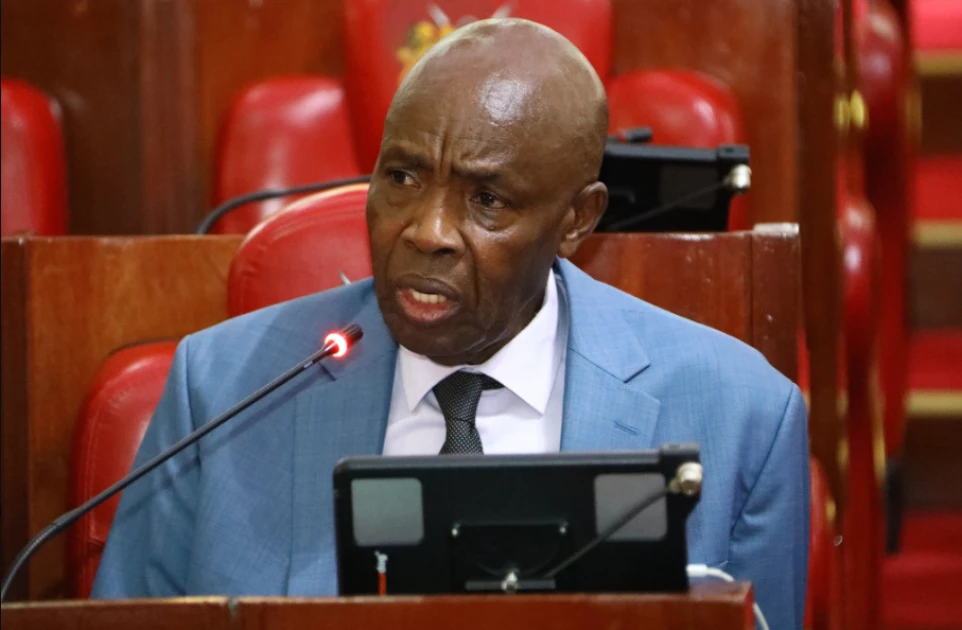Education Cabinet Secretary Ezekiel Machogu will this morning appear before MPs to shed light on the new University Funding Model.
The National Assembly Education Committee has convened a meeting with the CS from 10 a.m. The meeting comes in the wake of fears that students may miss loans for being underage and hitches on the online application system that closes this Sunday, August 27.
In the new funding model that takes effect this September when the 2022 Kenya Certificate of Education (KCSE) candidates admission begins, students will receive both government scholarships and loans depending on their level of need.
The extremely needy students will receive 70 per cent scholarships and 30 per cent loans, the less needy ones, on the other hand, will receive 53 per cent scholarships, 40 per cent loans, and 7 per cent from their households. The less needy students will be given 38 per cent scholarships, 55 per cent loans, and 7 per cent from the households.
The mode is however facing opposition from legislators who are calling on the government to revert to the old model where learners paid as little as Ksh.16,000 annually to enrol for degree courses.
Yesterday (Wednesday), the formula stirred heated debate forcing National Assembly Speaker, Moses Wetang’ula, to direct Majority Leader, Kimani Ichung’wah, to seek a statement from the Ministry of Education.
The Members of Parliament demanded its halting, citing gaps in ensuring equity in access to education in the country.
Nyando MP, Jared Okello, had sought a statement on the floor regarding the high university fees, and the crisis of lack of clear criteria for the issuance of scholarships and Higher Education Loans Board (HELB) loans to needy families unable to raise fees.
Okello regretted that thousands of poor students risk being locked out. Gilgil MP, Martha Wangari, Emuhaya MP, Omboko Milemba and Wundanyi MP, Danson Mwashako, expressed similar sentiments.
HELB boss Charles Ringera says under the new funding regime, funding will be apportioned based on four criteria namely choice of the programme, household income band, affirmative performance, and government priority areas.
President William Ruto announced the new model early this year and assured that students would be adequately supported to meet the cost of the programme they choose to pursue.
“No student will ever be left behind,” President Ruto assured after unveiling the new model.
Additional reporting by Samuel Musita





